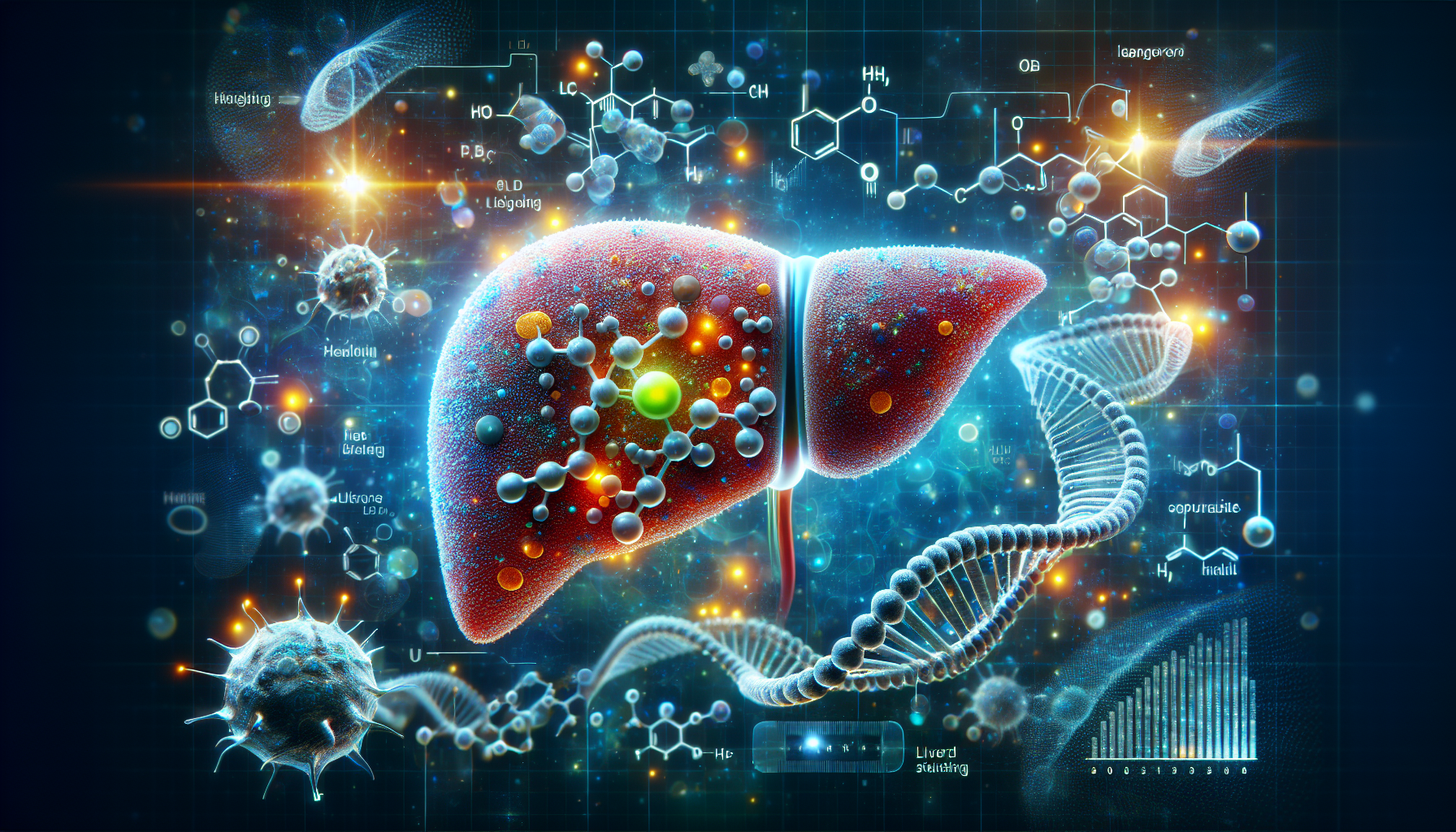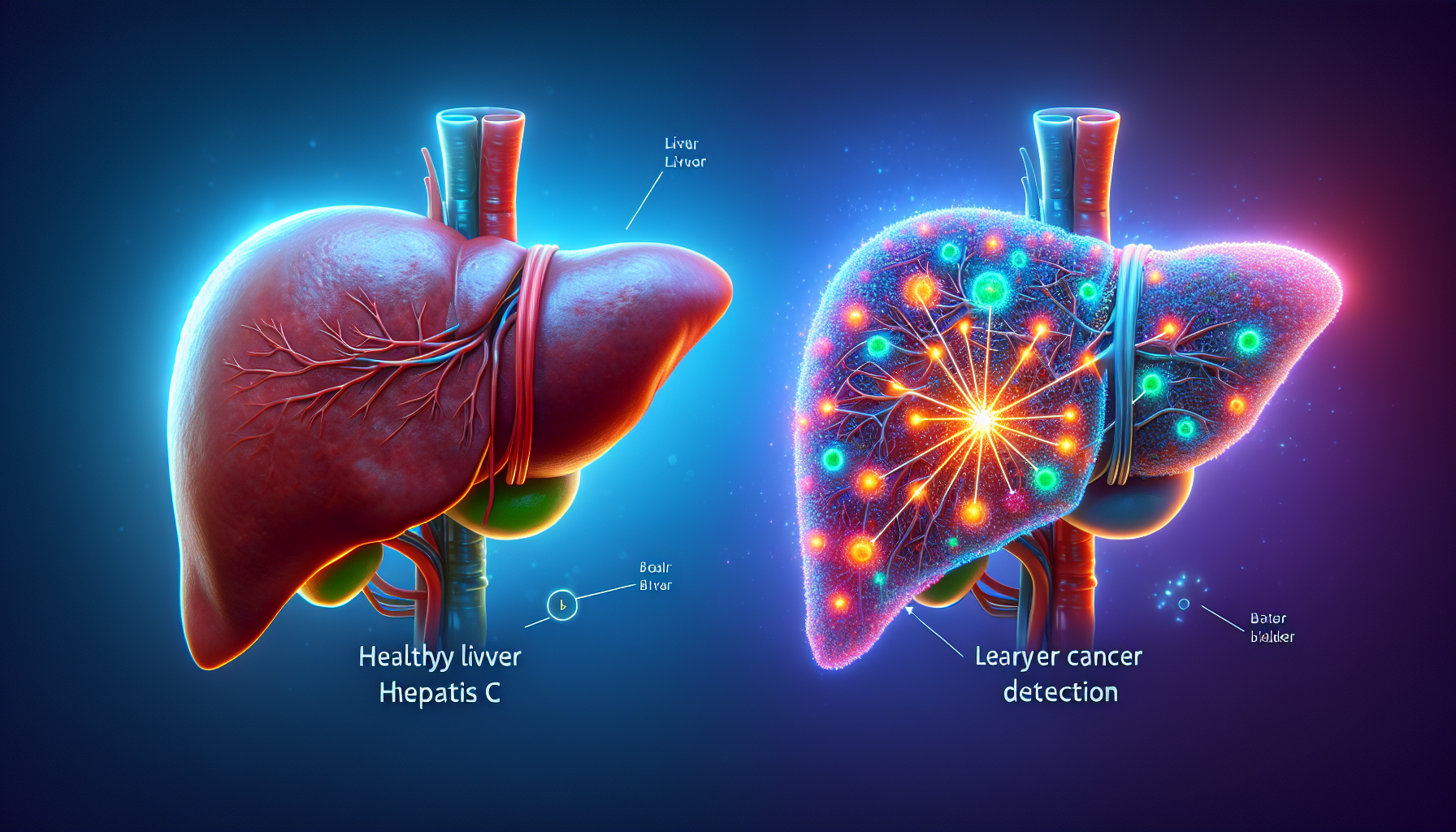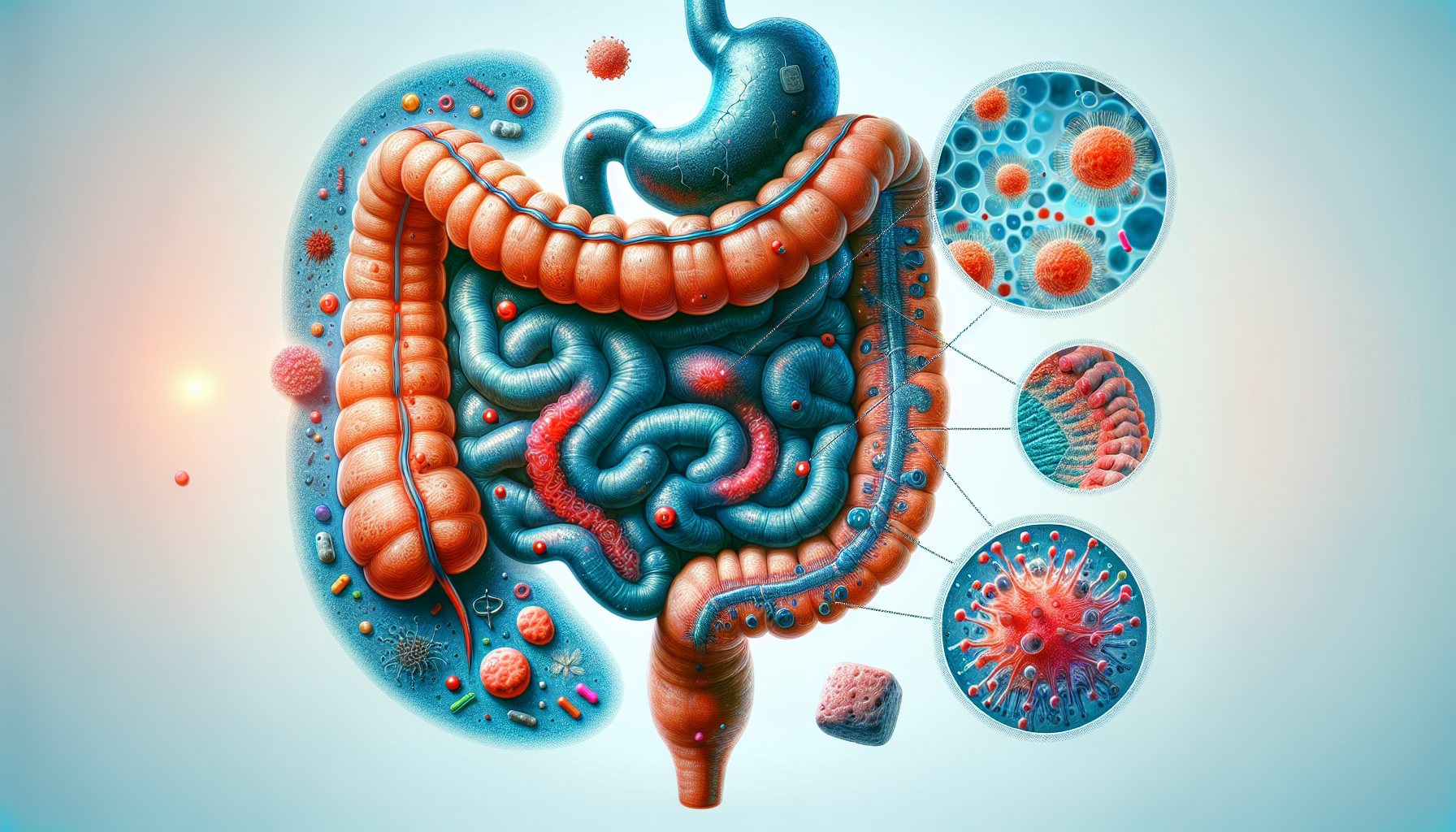How Statins Can Help Reduce Liver Disease Risk in IBD Patients
Key Takeaways
- Statin use significantly reduces the risk of PSC in IBD patients.
- The benefits of statins apply across various demographics and IBD types.
- Statins could offer a dual benefit for both cardiovascular and liver health.
Did You Know?
Understanding Primary Sclerosing Cholangitis (PSC) in IBD
Primary Sclerosing Cholangitis (PSC) is a serious liver condition often seen in patients with Inflammatory Bowel Disease (IBD), such as Crohn's disease and ulcerative colitis. PSC can lead to advanced liver fibrosis, cirrhosis, and even multiple forms of cancer. Despite significant research, effective treatments for PSC remain elusive. However, recent studies indicate that statins, commonly used to lower cholesterol, may offer new hope.
The Link Between Statins and Lower PSC Risk
A large study conducted by Dr. Chiraag Kulkarni and his colleagues at Stanford University showed promising results. The research analyzed data from 33,813 IBD patients, focusing on 8,813 of them who were taking statins. Over an average follow-up period of 44.5 months, only 0.09% of these statin users developed PSC, compared to 0.69% of those not on the medication. This significant difference suggests that statin use is associated with a much lower risk of developing PSC.
How Reliable Are These Findings?
Statistical analyses indicate that the study's findings are robust. An important measure known as the E-value was used, which supports the idea that the observed associations are not likely due to unmeasured factors. Specifically, a higher E-value indicates a lesser likelihood of confounding variables affecting the results. In this study, the E-value was calculated at 5.5, suggesting the results are indeed solid.
Effectiveness Across Various Demographics
One of the strengths of this study is its consistent outcomes across different demographic groups. Patients younger than 50 years old showed a 90% reduction in PSC risk while those on statins experienced a protective effect regardless of whether they had Crohn’s disease or ulcerative colitis. Similarly, both men and women benefitted, demonstrating the broad applicability of these findings.
Statins and Time to Effect
The study also evaluated the impact of statin use over varying periods, and even with a delay of 12 months, statins provided an 84% reduction in PSC risk. This shows that the benefits of statins for liver health extend across different timelines, making them a versatile option for long-term management.
The Broader Implications for Liver Health
These findings have important implications for patients with IBD at risk of liver complications. While traditionally used for lowering cholesterol, statins might offer a dual benefit. They not only manage cardiovascular risk but also provide substantial protection against liver disease, paving the way for more comprehensive management strategies.
Using Statins in Clinical Practice
Given these results, healthcare providers may consider recommending statin therapy to IBD patients, especially those showing early signs of liver complications or those at higher risk for PSC. Doing so could significantly improve patient outcomes, offering both liver protection and cardiovascular benefits.
Statins: A New Frontier in PSC Treatment
The use of statins as a potential treatment for PSC marks a new chapter in liver disease management. Current options are limited and often stressful for patients. Introducing a widely-used, well-tolerated medication like statins can offer a glimpse of hope and a considerable improvement in quality of life.
Future Research Directions
Although the study offers promising insights, further research is needed to understand the exact mechanisms by which statins could reduce PSC risk. Clinical trials focusing on various statin types and dosages could provide more comprehensive guidelines for healthcare providers.
Conclusion
The findings from Dr. Kulkarni and his team highlight a potentially groundbreaking use of statins for reducing liver disease risk in IBD patients. This discovery could lead to more effective, dual-purpose treatment plans that address both cardiovascular and liver health, significantly enhancing patient care. As healthcare providers take these findings into account, the management of liver diseases in IBD patients may be on the brink of a remarkable transformation.






